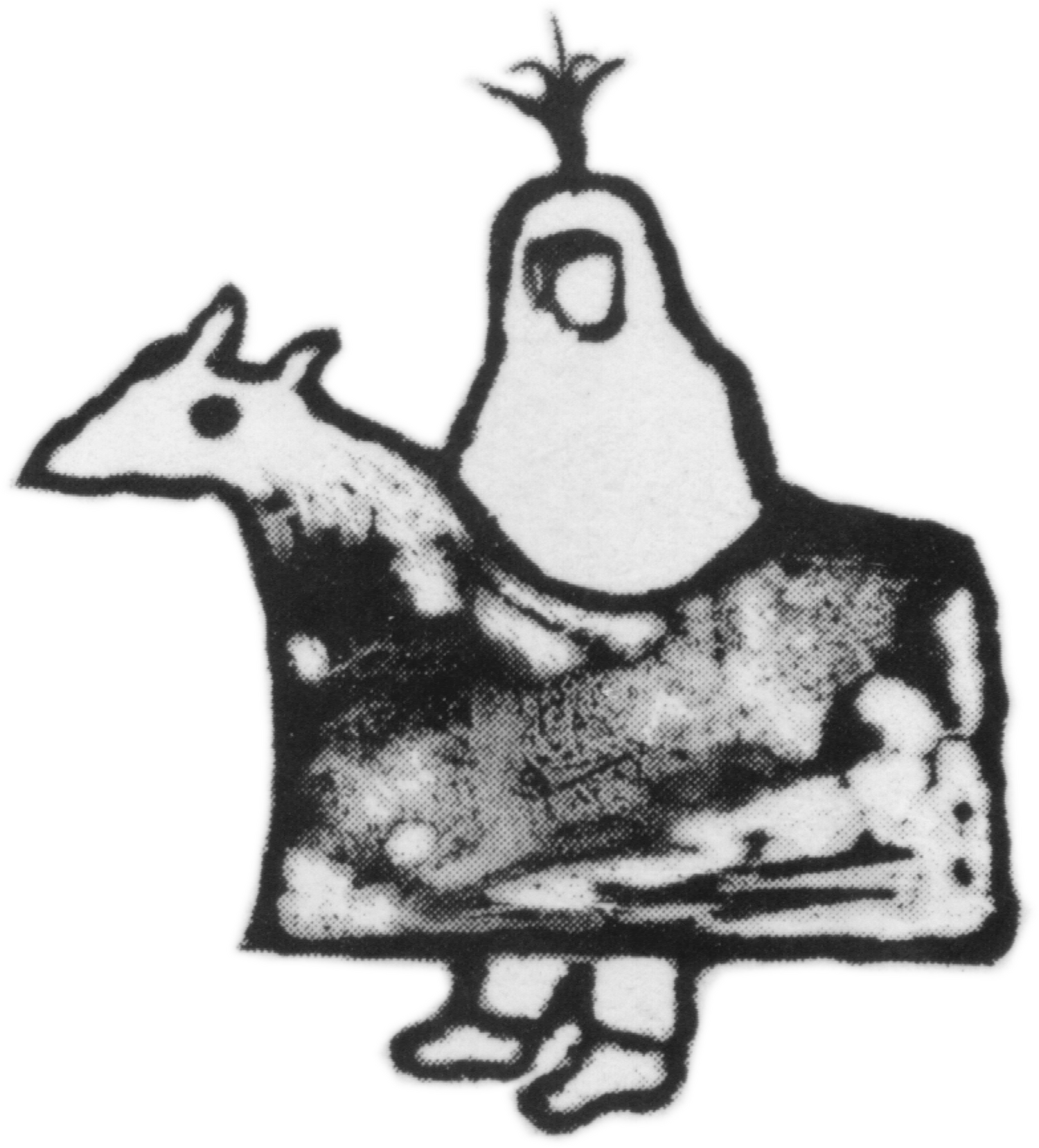Ron Swore, by Norman Beale
This book blends biography with military and social history. But it is also a tribute, driven by gratitude. If the story had ended differently the author would never have existed. After Dr Norman Beale retired, he took up family history. For some years he managed to backtrack only one generation – there was so much to discover about his late father, Ron.
Ron Swore begins with a teenager taking an oath to serve ‘king and country’ in the British Army. It ends a decade later, in 1945; a young man having lost his youth to battle trauma, cruelty and slavery. Such was ‘Ron’s war’. His unit, the 2nd ‘Glosters’, had been part of the forgotten Dunkirk rearguard, sacrificed to allow more than 300,000 other Allied soldiers to be evacuated from France and to fight another day.
Ron survived five years as a prisoner of war, calling on stoicism and survival instinct and saved from starvation by the International Red Cross. When he escaped – from a death march – he and a comrade were secreted and supported by a Czech family who showed incredible courage and humanity.
Eventually, back in England, he did as so many of his generation – he promptly closed this chapter of his life. There would be no reminiscences, no reunions and, if possible, no recollections. It was all too painful. Putting the lid down and sitting on it was the only therapy for what we now call ‘post-traumatic stress disorder’. This made the story a difficult salvage exercise - for the author, but hopefully not for the reader.
December 2020, 146pp, illustrated paperback, £8.95, ISBN 978-1-906978-97-6
This book blends biography with military and social history. But it is also a tribute, driven by gratitude. If the story had ended differently the author would never have existed. After Dr Norman Beale retired, he took up family history. For some years he managed to backtrack only one generation – there was so much to discover about his late father, Ron.
Ron Swore begins with a teenager taking an oath to serve ‘king and country’ in the British Army. It ends a decade later, in 1945; a young man having lost his youth to battle trauma, cruelty and slavery. Such was ‘Ron’s war’. His unit, the 2nd ‘Glosters’, had been part of the forgotten Dunkirk rearguard, sacrificed to allow more than 300,000 other Allied soldiers to be evacuated from France and to fight another day.
Ron survived five years as a prisoner of war, calling on stoicism and survival instinct and saved from starvation by the International Red Cross. When he escaped – from a death march – he and a comrade were secreted and supported by a Czech family who showed incredible courage and humanity.
Eventually, back in England, he did as so many of his generation – he promptly closed this chapter of his life. There would be no reminiscences, no reunions and, if possible, no recollections. It was all too painful. Putting the lid down and sitting on it was the only therapy for what we now call ‘post-traumatic stress disorder’. This made the story a difficult salvage exercise - for the author, but hopefully not for the reader.
December 2020, 146pp, illustrated paperback, £8.95, ISBN 978-1-906978-97-6
This book blends biography with military and social history. But it is also a tribute, driven by gratitude. If the story had ended differently the author would never have existed. After Dr Norman Beale retired, he took up family history. For some years he managed to backtrack only one generation – there was so much to discover about his late father, Ron.
Ron Swore begins with a teenager taking an oath to serve ‘king and country’ in the British Army. It ends a decade later, in 1945; a young man having lost his youth to battle trauma, cruelty and slavery. Such was ‘Ron’s war’. His unit, the 2nd ‘Glosters’, had been part of the forgotten Dunkirk rearguard, sacrificed to allow more than 300,000 other Allied soldiers to be evacuated from France and to fight another day.
Ron survived five years as a prisoner of war, calling on stoicism and survival instinct and saved from starvation by the International Red Cross. When he escaped – from a death march – he and a comrade were secreted and supported by a Czech family who showed incredible courage and humanity.
Eventually, back in England, he did as so many of his generation – he promptly closed this chapter of his life. There would be no reminiscences, no reunions and, if possible, no recollections. It was all too painful. Putting the lid down and sitting on it was the only therapy for what we now call ‘post-traumatic stress disorder’. This made the story a difficult salvage exercise - for the author, but hopefully not for the reader.
December 2020, 146pp, illustrated paperback, £8.95, ISBN 978-1-906978-97-6

